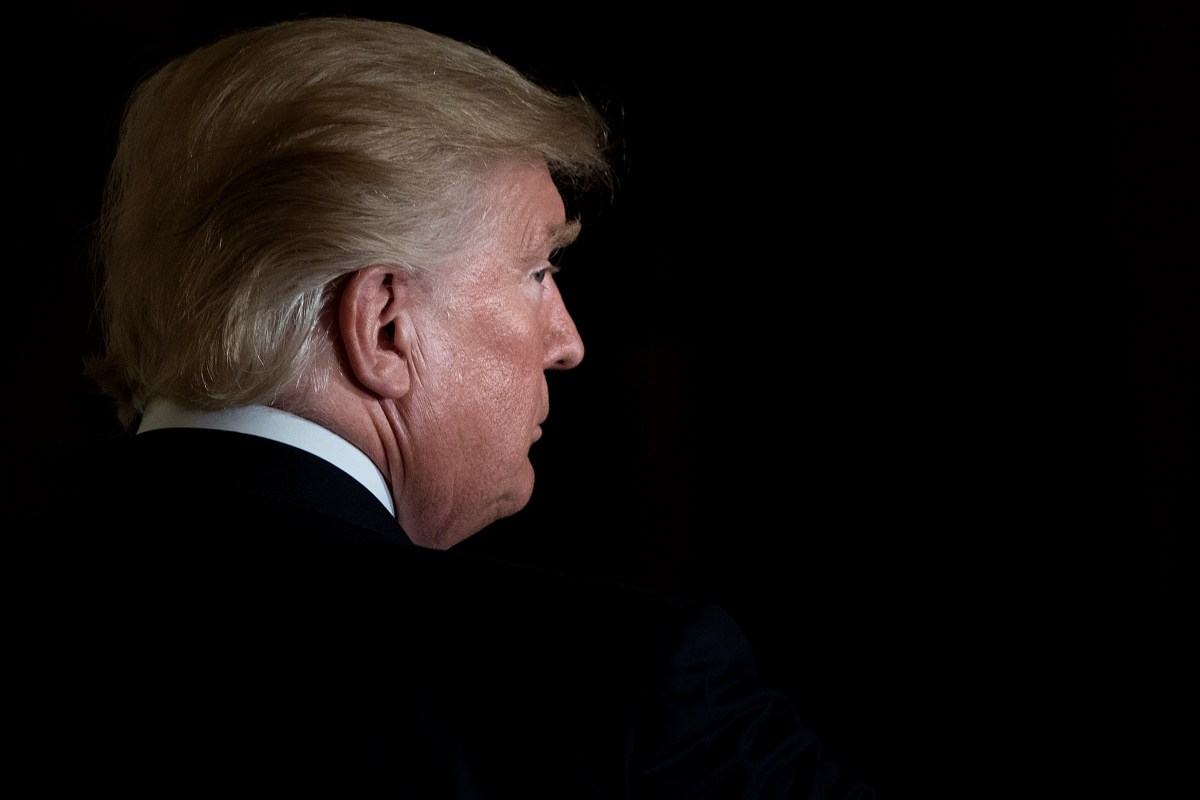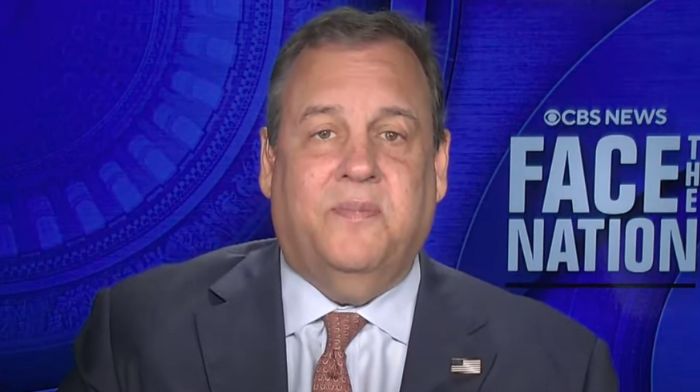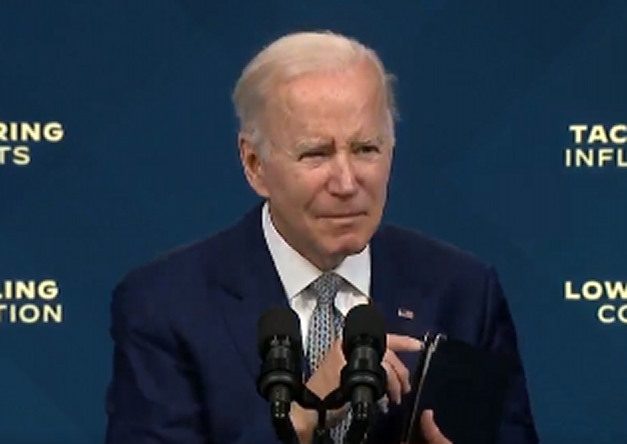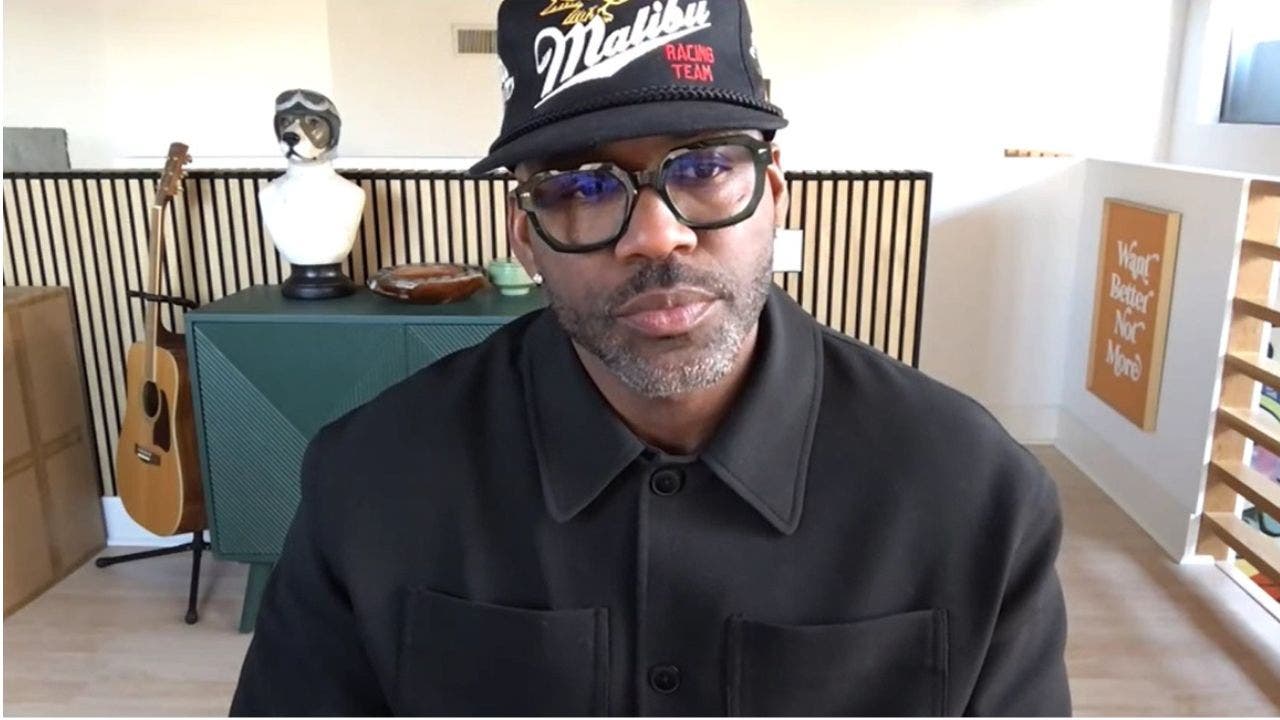By Philip Wegmann for RealClearWire
New Jersey Gov. Chris Christie did not attend. It was instead his trusted lieutenant governor, Kim Guadagno, who celebrated the foreign investment. In person.
Christie had deputized Guadagno to oversee economic development, and she brought a message from Trenton to the suburb of Bridgewater. “We stand at a ribbon cutting,” Guadagno said, surrounded by American and Chinese executives in a non-descript parking lot, “which solidifies New Jersey’s commitment to Huawei. And Huawei’s commitment to New Jersey.”
It was 2011, and the nation still reeled from recession. The Chinese telecom giant was promising hundreds of good paying jobs, not economic espionage, human rights abuses, or national security troubles. The Christie administration welcomed the win.
“This is the story,” Guadagno proclaimed, “of New Jersey’s comeback.”
A year later, Charles Ding, one of the executives at her side that day, was summoned before the House Intelligence Committee. He testified that Huawei was not a national security threat. They did not believe him. Within the decade, the Department of Justice would charge Huawei with federal racketeering and conspiracy to steal American trade secrets.
The Bridgewater facility is now closed, and Christie is once against a presidential candidate. Like other Republicans, he condemns the “communist dictatorship” in Beijing and regularly warns of a future where “China is setting the tone for this world.” His campaign declined to comment.
But Christie isn’t unique. Each of the governors who will condemn China publicly at the second GOP primary debate oversaw Chinese investment in their states. Some even courted it. For years. Their realignment cannot be dismissed simply as political opportunism, however. The conversion reflects, instead, a larger shift in national opinion, and in Republican orthodoxy, driven by the perception that China is an irresponsible economic rival and military adversary.
That, plus a once-in-a-century global pandemic that killed more than a million Americans.
Twelve years ago, when the Christie administration courted Huawei, opinion was split on the China question: 42% of Americans held an unfavorable view of the emerging superpower while 40% reported a favorable one. Had New Jersey passed on Huawei then, another state likely would have welcomed them.
Governors in 2011 were not entirely blind to the risks of doing business with Beijing, namely human rights abuses and worrying geopolitical tensions. Plenty were still certain they saw the reward. “China was widely regarded as the next big thing,” said Kyle Jaros, a professor at Notre Dame’s Keough School of Global Affairs, who recalled how through the first two decades of the new millennium, “many states concluded they couldn’t miss out on the huge business opportunities China offered.”
“Until the past few years,” Jaros said of what may now seem like ancient history, “governors from red states and blue states alike actively courted Chinese investment, led frequent trade delegations to China, and generally favored an ‘open for business’ approach.”
Such was the governing neoliberal consensus. Mike Pompeo, the former secretary of state whom no one accuses of being soft on China, once summed up the last half-century of Sino-American relations in an interview with RealClearPolitics this way: “Our policy was to sell them more stuff, buy more stuff from them, and they’ll become more like us.”
Support Conservative Voices!
Sign up to receive the latest political news, insight, and commentary delivered directly to your inbox.
Mike Pence was only following an established playbook when he traveled to China in the spring of 2015. The Indiana governor led a delegation on a seven-day swing with stops in Beijing, Shanghai, and Zhejiang Province, Indiana’s so-called “Chinese sister state.” The economic opportunities were obvious. “We see immense potential for the creation of more great jobs for Hoosiers through the strengthening of ties with our Chinese partners,” Pence said before leaving. There were educational and cultural ties too, he added, noting how Indiana universities “already boast a thriving friendship with China.”
And it worked. Millions in Chinese capital flowed to Indiana during Pence’s time as governor, and factories were built throughout the state manufacturing everything from outboard motors in Brownsburg to conveyer belts in Portage. At a ribbon cutting in Evansville for the Chinese appliance company Haier, Pence explained that it was “our strong workforce” and “pro-growth business climate” which made Indiana “the natural choice” for foreign investment.
Exactly one year later, Pence joined the 2016 Republican presidential ticket. His running mate, Donald Trump, won the nomination in large part by promising to end the old way of doing business. He told an Indiana crowd that summer, “we can’t continue to allow China to rape our country.”
Related: Lawmakers Blast Chinese Communist Party’s Influence On American Classrooms
Now a candidate for the presidency, Pence has laid out a more cautious approach to China, saying just last week that the United States “should have one hand extended in friendship and the other resting comfortably on the holster of the arsenal of democracy.”
The Pence campaign told RCP the former vice president has not changed his views, “but the times have changed.” Republicans and Democrats operated under a misguided hope, a spokesman explained, “that opening economic opportunities in China would lead to prosperity and liberty for the Chinese people.”
“But that hasn’t happened. Now we don’t hold out hope for China to change. We now know that no Chinese company is private, and the Chinese Communist Party does not afford freedoms to its people and seeks to destroy America,” they continued.
“Now, we recognize the Chinese Communist Party for what it is: the greatest threat to our prosperity, security, and values on the face of the earth,” they concluded.
On that last point, the American people agree. Post-pandemic, and amidst a war in Europe where China has pledged a “limitless partnership” with the Russian invaders, 82% of the country holds an unfavorable view of Beijing, according to Pew Research.
While tensions have been laid bare between Washington and Beijing in the last few years, Derek Scissors, Asia economist at the American Enterprise Institute, says governors shouldn’t be let entirely off the hook for what happened in the last few decades. Xi Jinping became general secretary of the Chinese Communist Party in 2012 and brutally solidified his power by 2014, the scholar said, as Chinese “money surged” into the United States.
“If you cared about this issue, you could see China is not only not like Greece, it was worse than China was in 2004,” he said referring to the period where the CCP declared martial law to crush political dissent. By the time Xi came to power, Scissors said, governors could have seen that Beijing “was going in the wrong direction, and it was going in the direction of being an orthodox Marxist dictatorship.”
A tsunami of money may have clouded their judgment. According to AEI’s China Global Investment Tracker, money started trickling into the U.S. at $1.7 billion in 2005 and reached a roaring peak of $53.3 billion in 2016. Congress has since passed tougher regulations on Chinese investment, and both the Trump and Biden White Houses have cast a more skeptical eye on the tricky economic partner. Investment plummeted to less than half a billion in 2023.
Despite warning signs though, there was something undeniably attractive about reshoring industry after so much American manufacturing was gutted in the 1990s and early 2000s. In South Carolina, for instance, Chinese investment certainly played a multi-million-dollar role in creating what Nikki Haley affectionately calls “the Beast of the Southeast.”
A China hawk as U.S. ambassador to the United Nations, Haley welcomed China to the Palmetto State while governor. She heralded a $300 million investment in 2016 by a Chinese fiberglass manufacturer, which promised as many as 400 jobs, as “a huge win for our state.” In turn, the company, China Jushi Co. Ltd., thanked her administration for their “great support.”
And a year earlier, Haley helped bring Haier, the same appliance manufacturer that Pence welcomed to Indiana, to South Carolina. The company promised to create as many as 400 new jobs. Haley attended the ceremonial groundbreaking tossing shovelfuls of sand with a silver spade.
The biggest win of her tenure, in terms of both dollars and jobs, was undeniably enticing Volvo to build a factory just outside Charleston. Haley flew in secret to Sweden to pitch Volvo executives. She promised nearly $200 million in combined incentives. The company broke ground on a $500 million factory in 2018 that created as many as 4,000 jobs.
But while Volvo now manufactures Swiss cars in South Carolina, the company is owned by Zhejiang Geely Holding Group Co. The factory there, the New York Times reported at the time, marked the first time a Chinese-owned automaker opened an auto assembly plant in the United States.
While Haley has warned on the campaign trail in recent months that “the line between Chinese investors and the Chinese Communist Party is exceptionally thin,” the candidate told RCP that criticism of her economic development was misdirected.
“There are China-owned companies in all fifty states and Chinese products in nearly every American home. That tells you how pervasive China’s influence is and why we need to start taking the Chinese threat much more seriously,” the former ambassador said in a statement.
“We should start with the most serious issues like China buying up our farmland, China killing Americans with fentanyl, and U.S. companies exporting sensitive technology to the Chinese military. This isn’t about Americans making Swedish cars in South Carolina,” the former governor continued.
Incentives like this were once standard practice even for Chinese companies, despite concerns over potential economic espionage or data theft. Governors saw little distinction between dollars from China and dollars from other friendlier foreign nations, according to China scholars.
“Oh, they’re creating jobs here? Great. They’re buying land to build a factory too? Great,” Scissors said of the old way governors approached Chinese investment. But those days are coming to an end, he stressed. Now states are more likely to say, “Not China. Go away.”
Related: Politicians Pushing War With China While 40% of U.S. Submarines Are Currently Out of Action
The pandemic may have been the most likely pivot, and perhaps no state has been more aggressive in its policing of Chinese investment than Florida.
Elected in 2018, Gov. DeSantis began what his office described as “an ongoing and deliberate process” to root out and counter “foreign malign influence, especially from the CCP.” A spokesman called it “the blueprint to counter these threats.”
He pressured universities to cut ties with Confucius Institutes, alleging that the Chinese education program is part of Beijing’s larger propaganda and influence operations. He followed that up by signing legislation prohibiting the state government from doing business with Chinese tech companies. Perhaps most significantly, he helped quarterback a Florida law that banned land purchases by Chinese nationals and Chinese-owned businesses.
And yet Enterprise Florida, a private-public partnership between business and state government which DeSantis oversees as governor, aggressively courted investment from Chinese companies as recently as 2020. According to an annual report that year, EFI attended nine international trade shows “to identify Chinese companies with a potential or existing interest in Florida.”
The outreach was short lived.
A spokesman for the governor told RCP that in 2020 when his office “realized the extent of EFI’s engagement with Chinese trade,” the executive subsequently “compelled EFI to shut down all such ties with Chinese companies.” The organization subsequently made Singapore the hub of its outreach in the region, and the spokesman noted that Florida enjoys “great relationships in places such as Japan, South Korea, and Taiwan.”
The West increasingly sees China as an existential threat, and when the Republican field walks on stage for the second primary debate Wednesday, each candidate will present themselves as China hawks, including those who, not so long ago, courted China during a very, very different era.
Syndicated with permission from RealClearWire.
The opinions expressed by contributors and/or content partners are their own and do not necessarily reflect the views of The Political Insider.





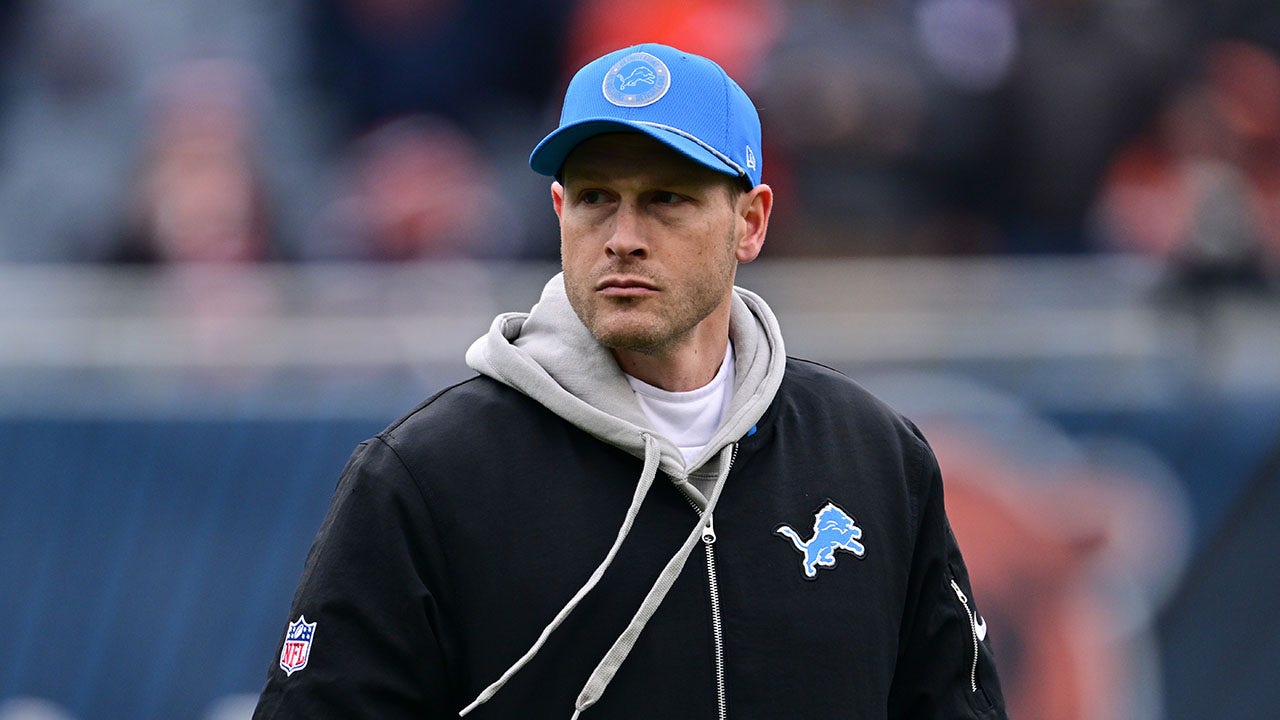



![President Trump Gives Barron Trump A Shout Out At His Inaugural Party—Barron’s Unexpected Response is Pure Gold! [VIDEO] | The Gateway Pundit President Trump Gives Barron Trump A Shout Out At His Inaugural Party—Barron’s Unexpected Response is Pure Gold! [VIDEO] | The Gateway Pundit](https://www.thegatewaypundit.com/wp-content/uploads/2025/01/barron-trump-crowd-.jpg)











